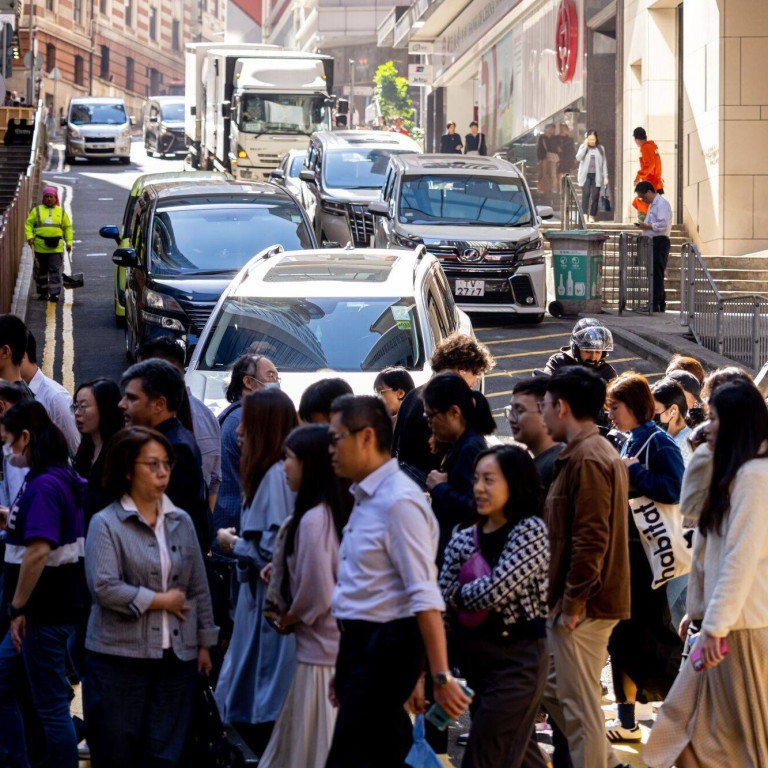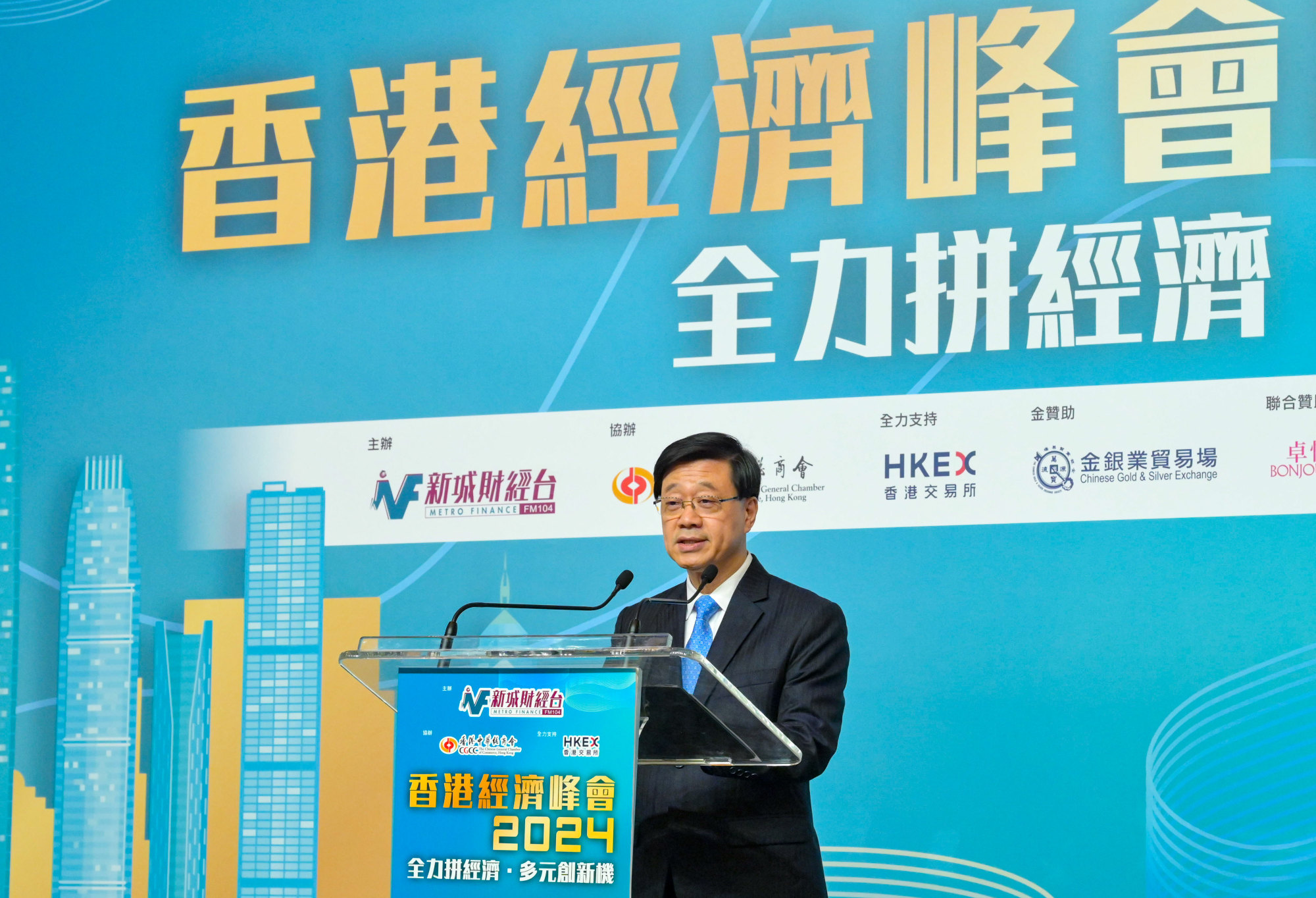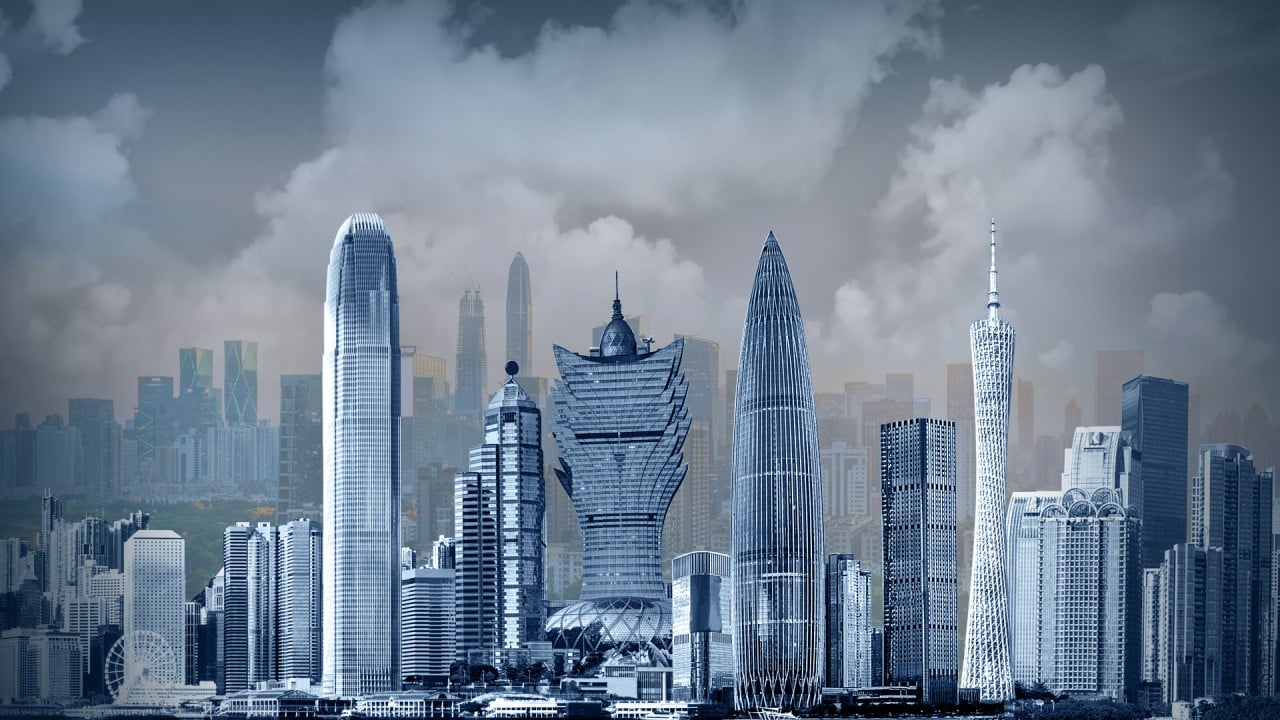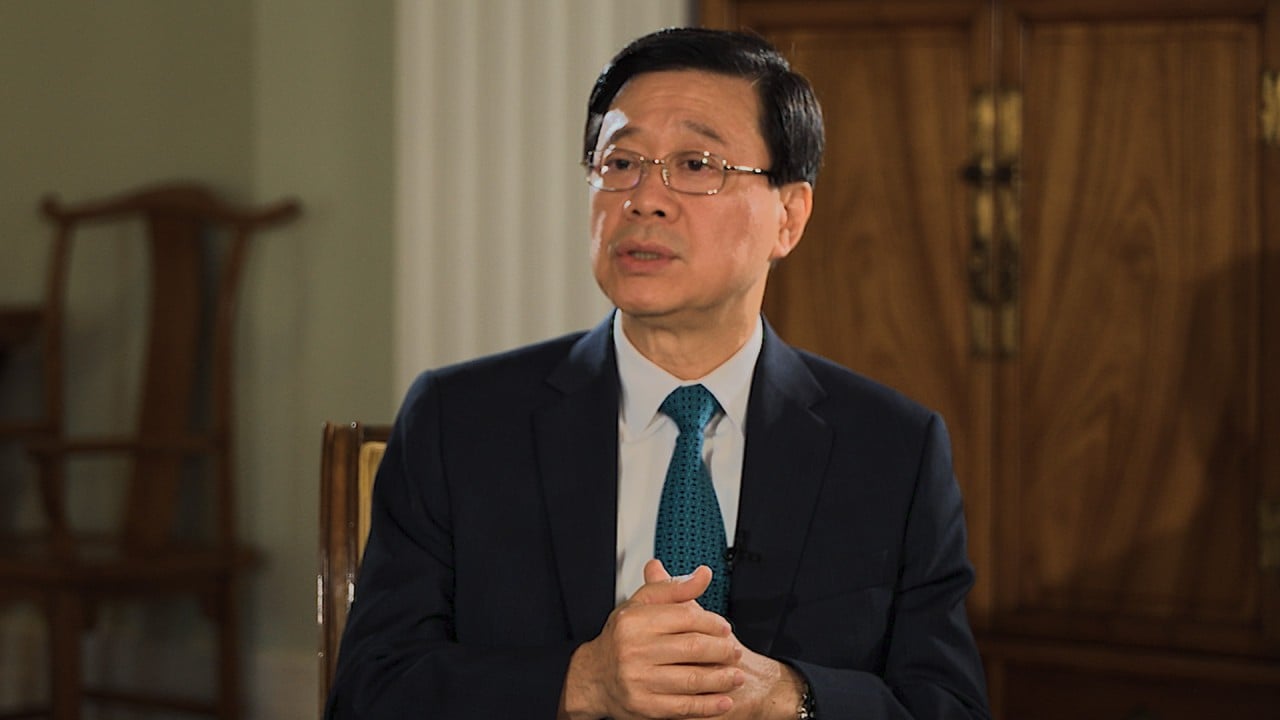
In a more divided world, ‘superconnector’ Hong Kong must get creative
- In a more competitive world with multiple economic hubs, the once-dominant influence of East-West superconnectors is waning
- Hong Kong must capitalise on the Greater Bay Area, Belt and Road Initiative and focus on ‘sweet spot’ sectors where China and other regions seek better cooperation
Historically, superconnector economies served important functions. Typically located at crossroads or between major economic regions, they are natural hubs for trade, investment and transport. They often have well-developed financial sectors that provide sophisticated services for cross-border transactions, streamlined customs procedures and efficient logistics networks. As such, they wield an outsize influence in facilitating global exchanges.
For these countries, the pursuit of intermediaries – whether countries or cities – to foster connections with entities beyond their immediate vicinity has become less of a priority. Some businesses are opting for a more localised approach to operations and supply chains. Nationalistic leaders have gained popularity and power, and 2024 may see an increase in protectionist-leaning economic policies.
The acceleration of digital technology has made information more easily accessible and affordable, reducing the need for intermediaries as information providers. Moreover, multinational companies now have a broader range of tools to directly connect with and transact in new countries.

This grants Hong Kong access to a larger population and a diverse range of companies. Hong Kong can capitalise on this advantage by ensuring fair and balanced collaboration between foreign entities and China. It can establish industry-specific bodies dedicated to overcoming operational barriers in new industries and reducing costs, while adeptly managing intricate legal nuances.
This industry-specific agency in Hong Kong will be particularly helpful to Middle Eastern investors looking to diversify their fossil fuel-based economies and invest in green tech industries in China and the rest of Asia, as both regions set their eyes on decarbonisation.
Hong Kong’s connections with the mainland and the rest of the world make it an attractive destination. The city remains a magnet for foreign direct investment, with inflows of US$118 billion last year, placing it fourth in the world for FDI, according to the Unctad World Investment Report 2023.
Ageing Hong Kong can be Greater Bay Area’s pensions and healthcare hub
Healthcare, in which Hong Kong has traditionally excelled, is another sector where intermediaries can assist with licensing, compliance, research cooperation and relationship-building in areas of common interest to China, the region and the world. For instance, advancements in detecting and treating cancer and neurodegenerative diseases would benefit humanity.
Long-standing people-to-people relationships are crucial, as they are built over many years and decades. These relationships help set Hong Kong apart. The strengths of Hong Kong business leaders and professionals include understanding cultural nuances, facilitating and convening productive conversations, and managing diverse and highly skilled talent. Hong Kong must cultivate a new generation of students and business professionals who possess these skills and can establish trust and mutual understanding from the outset.
In a more competitive world with multiple economic hubs, the once-dominant influence of East-West superconnectors is waning. Yet, functional connective tissue is necessary, to enable seamless business operations and the exchange of ideas in new industries and activities. The people of Hong Kong have long shown their adaptability and flexibility, making them invaluable assets in a world that urgently needs revitalised connections and new bridges.
Janet Pau is executive director of the Asia Business Council



